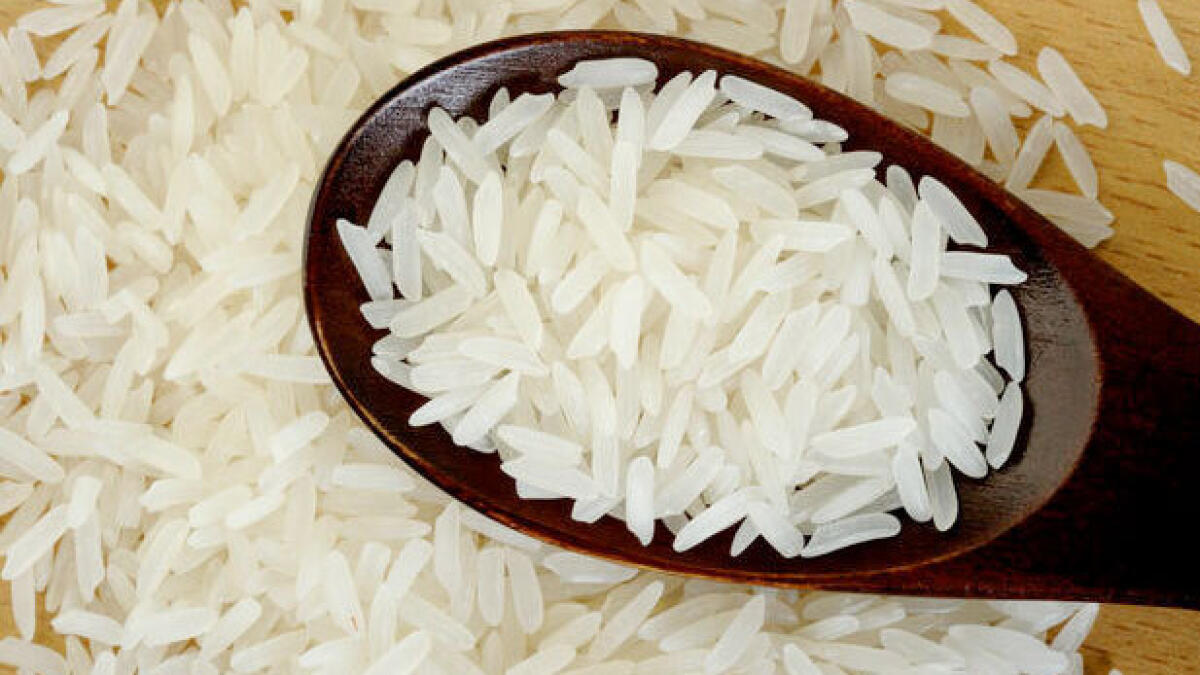Non-basmati rice prices are expected to drop by around 20 per cent in the UAE after India lifted the export ban on the commodity. India is the largest source of rice imports for the UAE, providing millions of tonnes of both basmati and non-basmati rice every year. The decision to remove the ban on non-basmati white rice exports comes after a bumper crop in India, leading to a significant drop in prices in the UAE market.
Dr. Dhananjay Datar, chairman of Al Adil Supermarkets, expects the prices to decrease soon due to this change. Non-basmati rice, including popular varieties like white rice, Sona Masuri rice, Jeerakashala rice, and parboiled rice, accounts for about 70 per cent of the market share in the UAE. With India being the largest exporter of non-basmati rice to the UAE, this new development presents exciting opportunities for traders in the region.
Apart from India, Thailand and Pakistan are also significant rice exporters to the UAE, which is the world’s largest re-exporter of rice. The Indian government’s decision to allow rice exports after a bumper crop this year will not only help stabilize prices in the local market but also earn foreign exchange for the country. Rice exports from India had dropped nearly 25 per cent in the first four months of the current fiscal year, prompting the government to lift the ban on non-basmati rice exports.
The removal of export ban and setting a floor price for non-basmati white rice exports by India is expected to benefit both consumers and traders in the UAE. This development will lead to a reduction in prices, making non-basmati rice more affordable for consumers. Traders can also take advantage of the lower prices to increase their trade volumes and explore new opportunities in the market.
Given that the UAE serves as a major re-export hub globally, the decrease in non-basmati rice prices will attract traders looking to capitalize on the demand for rice in various markets. Besides benefiting consumers in the UAE, this change will also impact the global rice trade landscape, with India playing a significant role as one of the largest exporters of rice in the world.
Overall, the lifting of the export ban on non-basmati white rice by India is expected to have a positive impact on the rice market in the UAE and beyond. With prices projected to drop by around 20 per cent, consumers can look forward to more affordable rice options, while traders stand to benefit from increased trade opportunities in the region. As the largest source of rice imports for the UAE, India’s decision will likely have far-reaching effects on the global rice trade industry.










